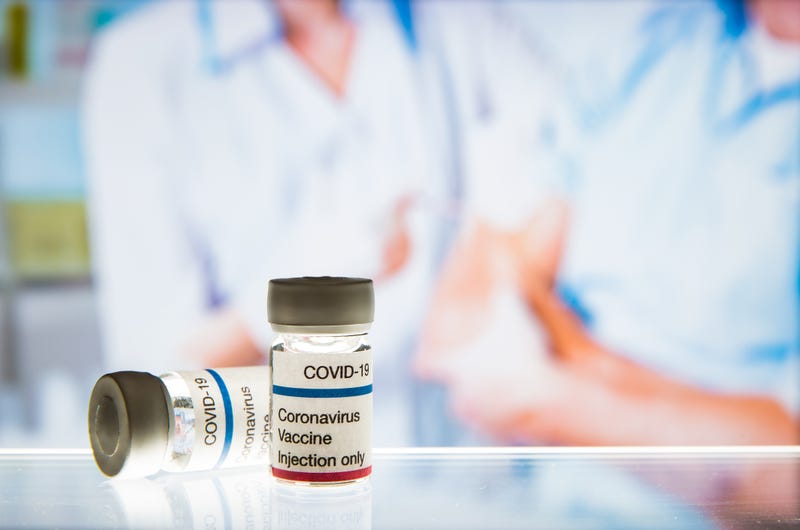
Mayo Clinic in Rochester has just released the results of a study which found that vaccinations may provide more benefits than originally thought.
Long-COVID has led to fatigue, headaches and brain fog for weeks, months and sometimes even years after being infected. Even with the pandemic behind us, Mayo Clinic researchers say many people are still suffering from those long term symptoms.
"These results were quite surprising to us," says Greg Vanichkachorn, M.D., medical director of Mayo Clinic's COVID Activity Rehabilitation Program and the study's lead author. "This study shows that vaccines can be really important for long-haul COVID and can help reduce the severity of the condition."
The most recent study involved 477 patients who were being treated at the Mayo for long-COVID between May of 2021 and July of 2022.
"Long-COVID is not necessarily a permanent thing for everybody, if someone can get the care that they need, they can get better from this," says Vanichkachorn who is the medical director of the COVID activity rehabilitation Center at Mayo.
Vanichkachorn says the data now shows how vaccines can have longer-lasting effects than they knew about during earlier stages of the pandemic.
"So what we now know, is not only the vaccine important in preventing the acute infections, and perhaps reducing the incidence of long-COVID, it can make long-COVID less severe," says Vanichkachorn.
The study shows one of the most affected regions vaccines can help with is abdominal pain. Vanichkachorn says the earlier you seek medical treatment the better off you'll be.
"They're actually getting back on their feet, getting back to baseline, sometimes as early as four to six months after their infections," Vanichkachorn explains.
Vanichkachorn says almost six in ten Minnesota adults have had COVID-19 since the pandemic emerged in early 2020, and about one in four infected adults ended up with long COVID. That's according to survey results posted by the Centers for Disease Control and Prevention.
According to the CDC, people can be re-infected with OVID-19 multiple times. Each time a person is infected or re-infected with SARS-CoV-2, they have a risk of developing long COVID. They add that anyone who has not had a COVID vaccine will also have a higher risk of developing long COVID if they're infected.
In July, University of Minnesota Infectious Disease expert Dr. Michael Osterholm told WCCO's Chad Hartman that they also haven't been able to fully determine why COVID hits some people harder than others.
"Clearly, we are in a battle between the human immune response and how capable you are of getting infected with this virus, and the virus itself," Osterholm explains. "For example, a fair amount of Long COVID likely is an over-vigorous response from your immune system."
Osterholm himself is finally feeling better after a long bout with the disease that he says wiped out his energy and affected his memory.
Since 2020, there have been more than 768 million confirmed cases of COVID-19 globally, according to the World Health Organization. Of those infected, an estimated 20% younger than 65 and 25% over 65 will go on to develop post-COVID-19 conditions, also known as long-haul COVID-19. Symptoms can include fatigue, shortness of breath, difficulty concentrating, chest pain and abdominal pain.

